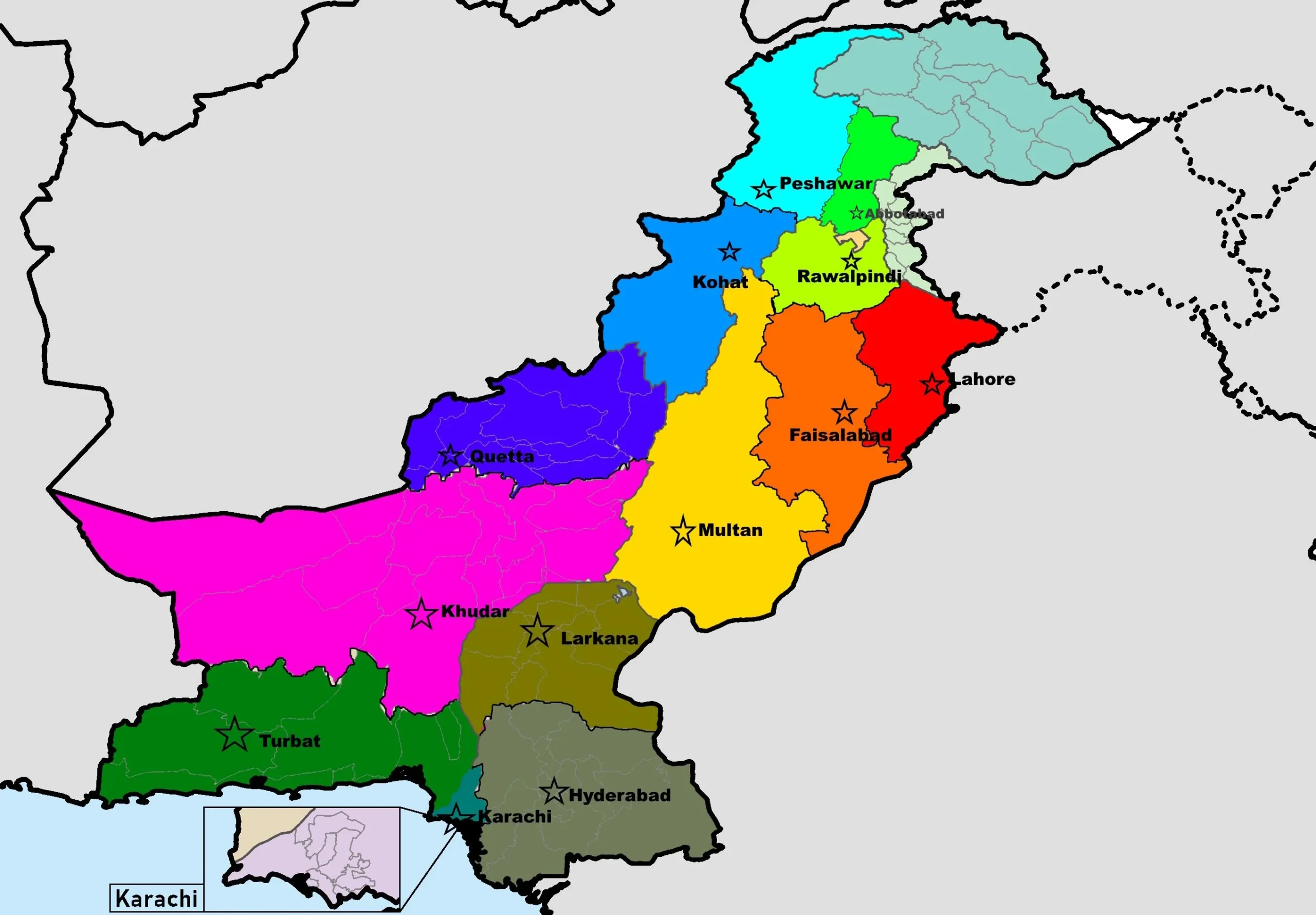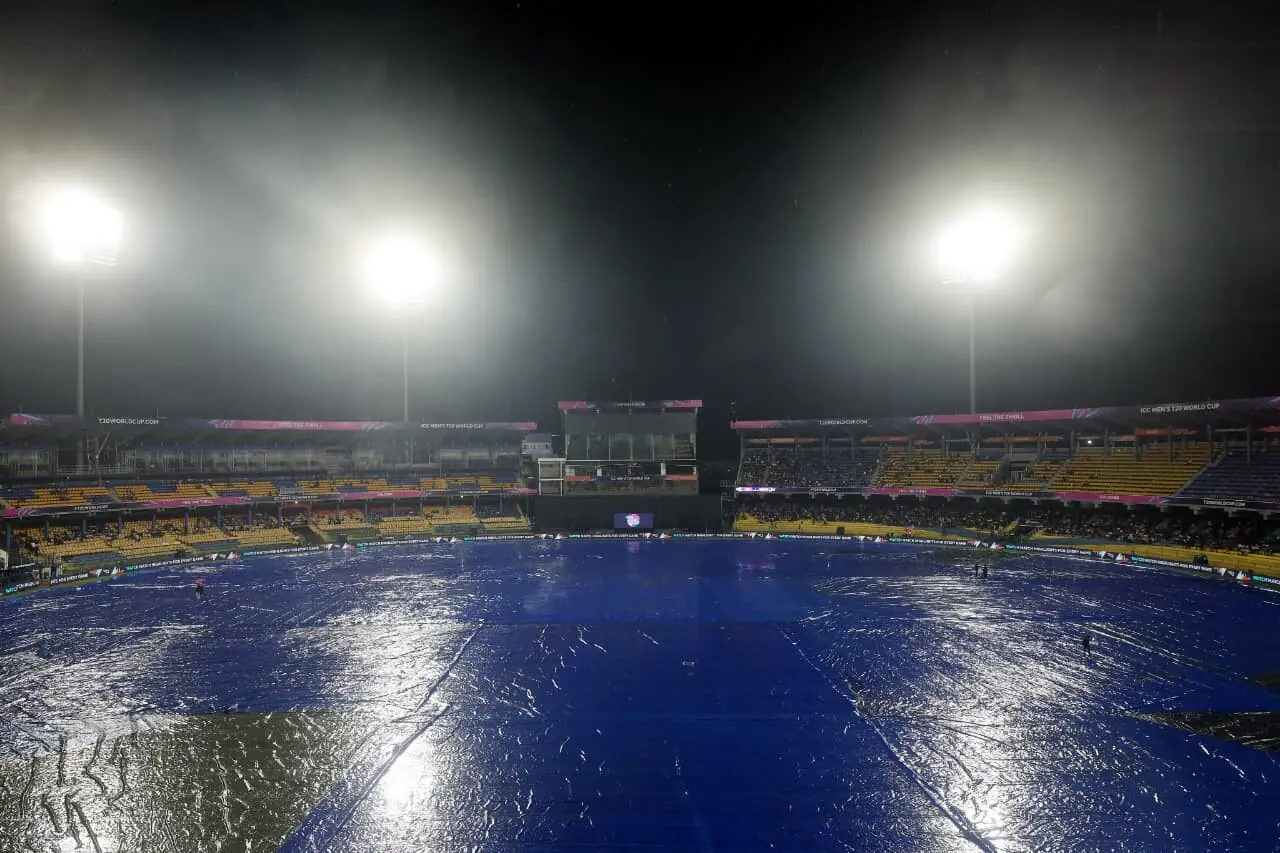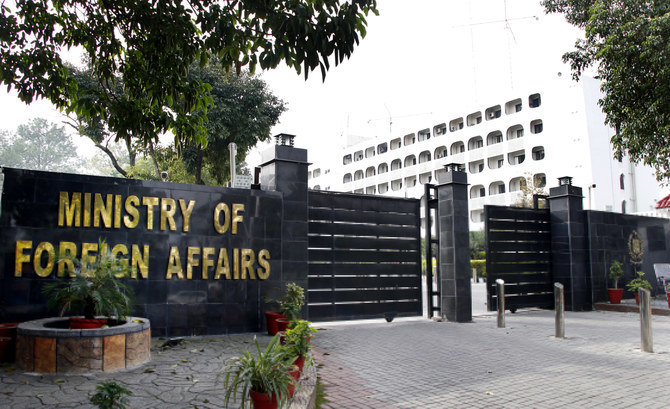The Supreme Court’s full bench engaged in a detailed and thorough discussion on the issue of reserved seats for women and non-Muslims. The court closed the hearing on appeals by the Sunni Ittehad Council (SIC), with the verdict eagerly awaited and expected to be announced later this week. The bench is anticipated to deliver a comprehensive ruling on how to allocate reserved seats to parliamentary parties under the proportional representation system in future.
During the hearing, Chief Justice of Pakistan (CJP) Qazi Faez Isa reserved the decision, stating that the judges needed more time for consultation as the judgment could be prolonged. This matter holds historic significance and is expected to have a profound impact on the allocation of reserved seats among political parties in the legislature. Therefore, extreme care and attention are crucial in deciding the outcome due to its far-reaching implications.
A legal expert, who closely followed the proceedings, emphasized the importance of handling the matter with careful consideration, given its historic significance. The expert’s opinion is highly regarded, and it was suggested that a split decision was expected, with separate opinions from each member of the full court, along with additional notes accompanying the main judgment.
Pl watch the video and subscribe to the YouTube channel of republicpolicy.com
At the crux of the controversy is the fate of 77 seats and how they should be allocated if not awarded to other parties with a presence in parliament or provincial assemblies. The SIC contends that, under the concept of a proportional representation system, a political party does not need to have contested the general elections to be entitled to reserved seats. However, the Election Commission of Pakistan (ECP) ruled against the SIC’s claim for reserved seats, citing legal defects and violation of mandatory provisions.
The SIC further argues that Articles 51 and 106 support the concept of a proportional representation system, asserting that they were not required to submit their list of candidates for reserved seats prior to the election.
In a significant development, a smaller bench suspended the Peshawar High Court judgment and the ECP’s decision to deprive the SIC of reserved seats. Consequently, the ECP suspended the notification of 77 members on the reserved seats in the assemblies. The outcome of the Supreme Court’s decision is eagerly anticipated, as it will have a lasting impact on the allocation of reserved seats for women and non-Muslims within the political landscape of Pakistan.
















